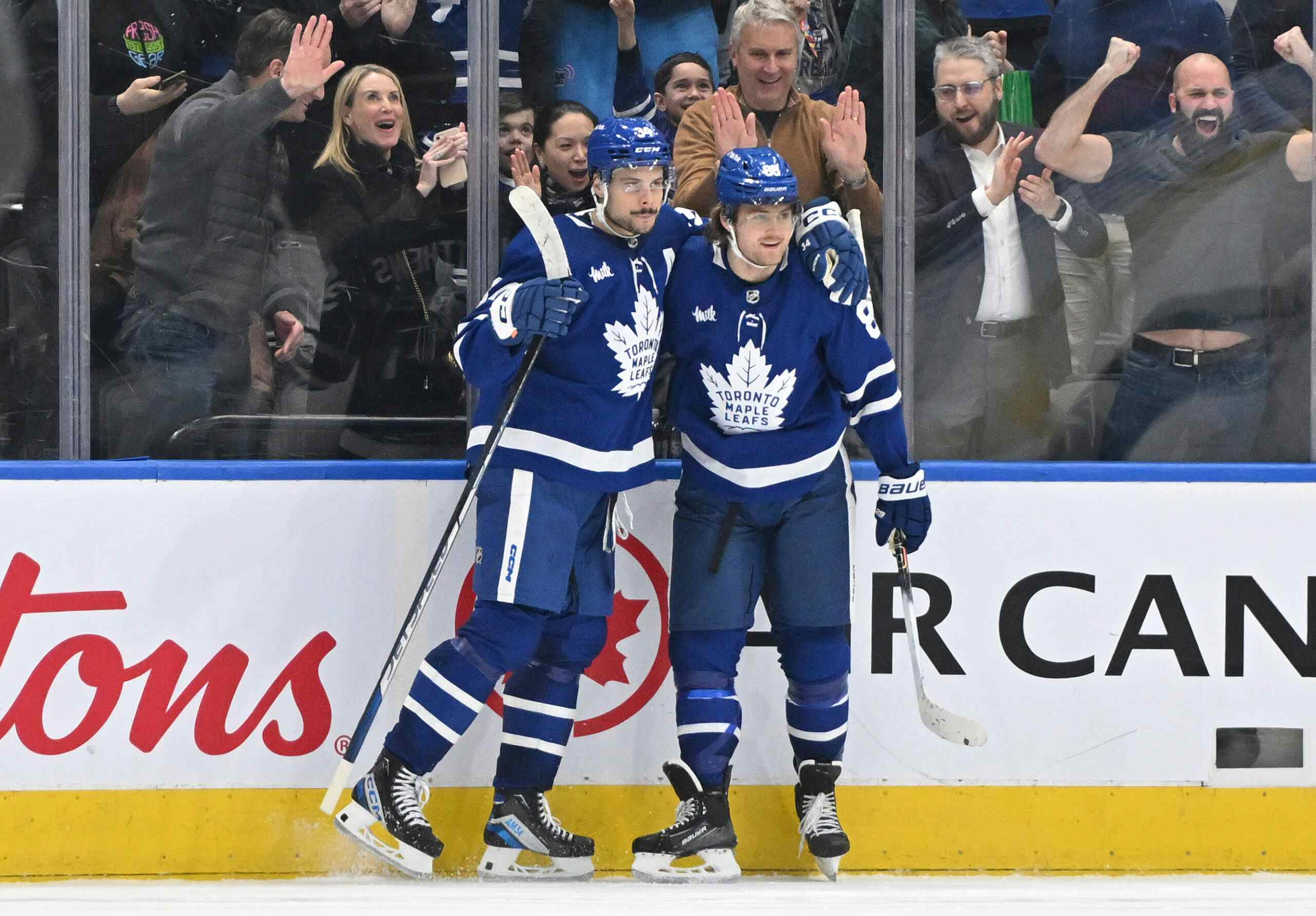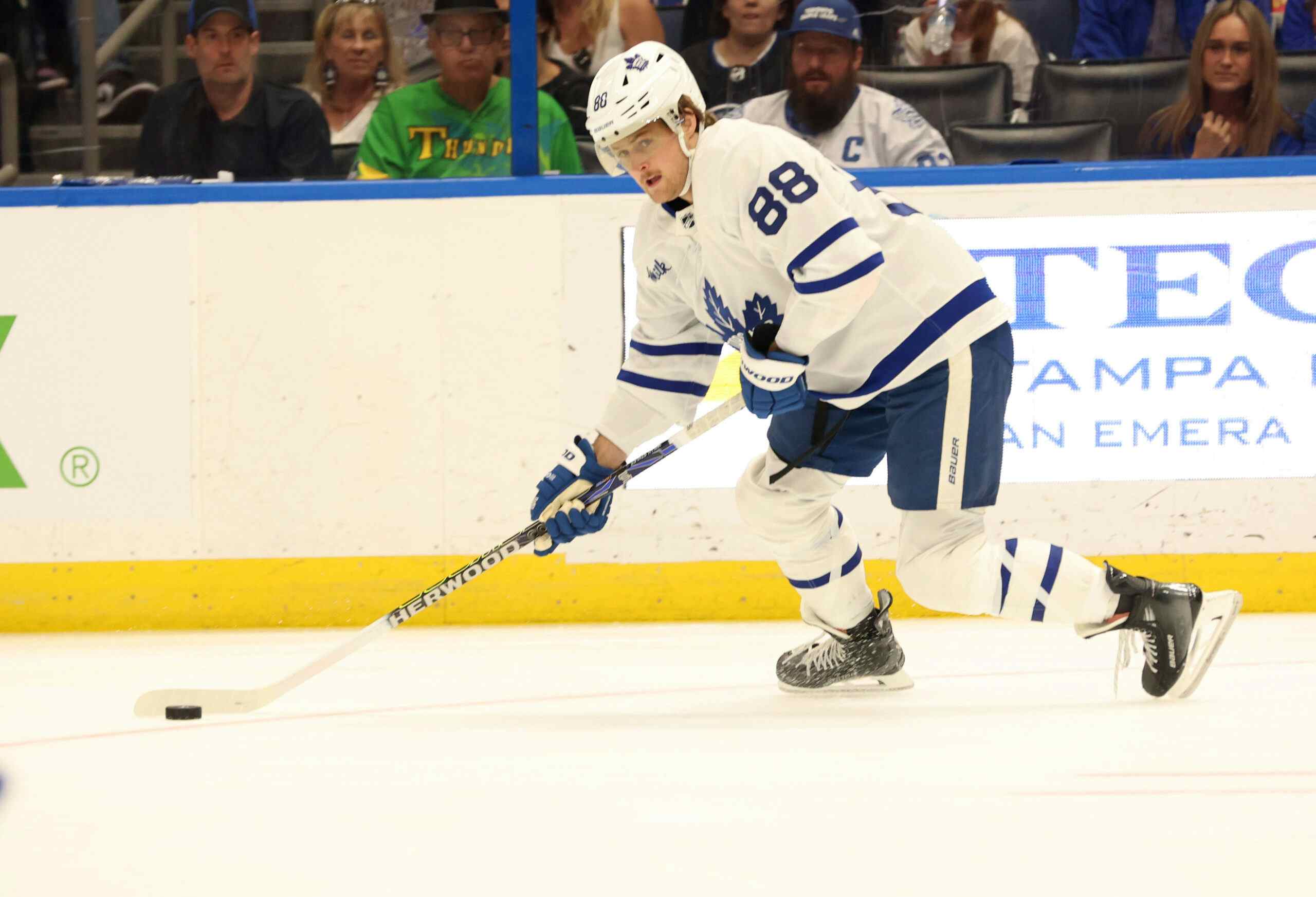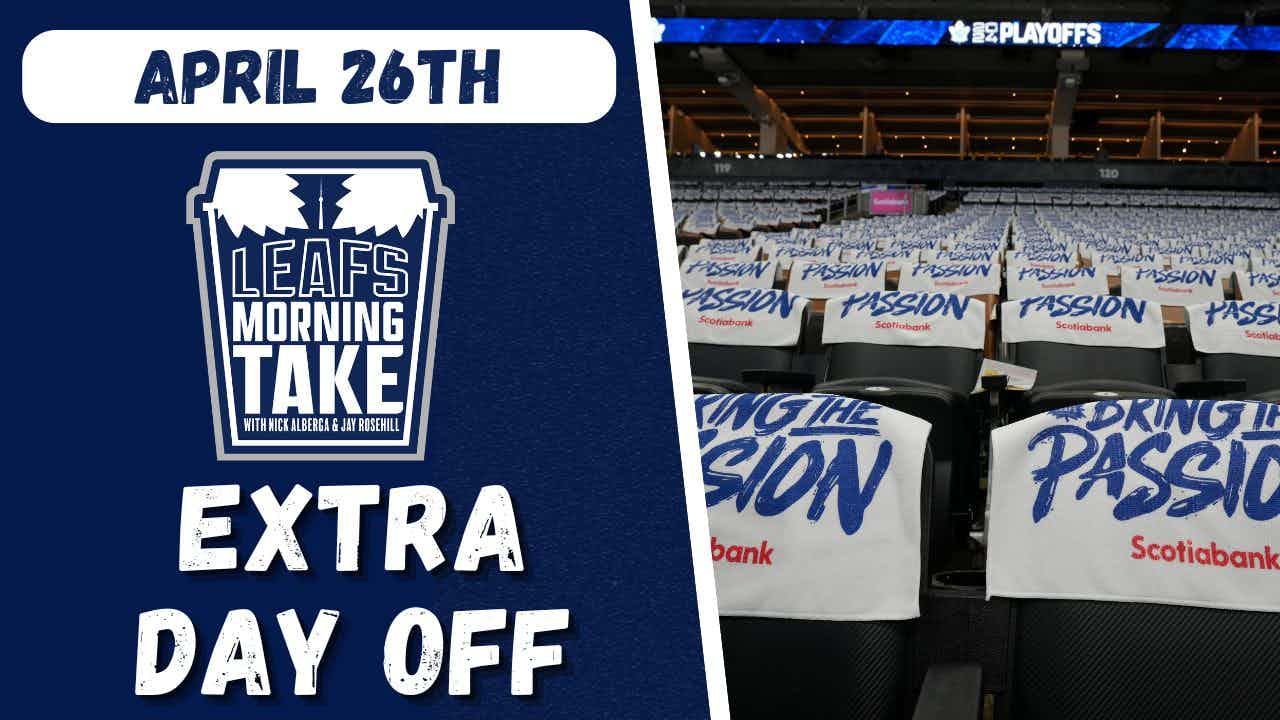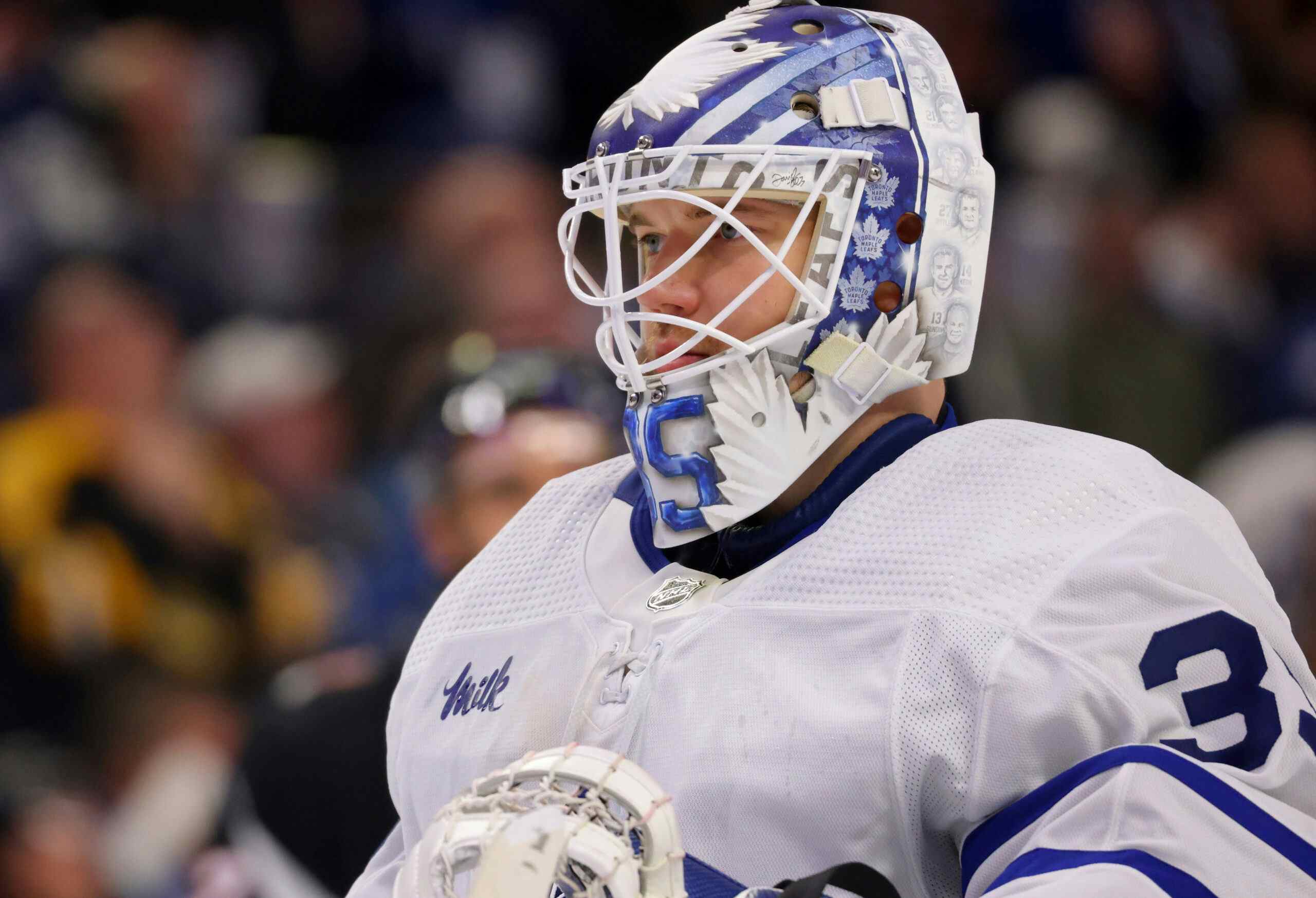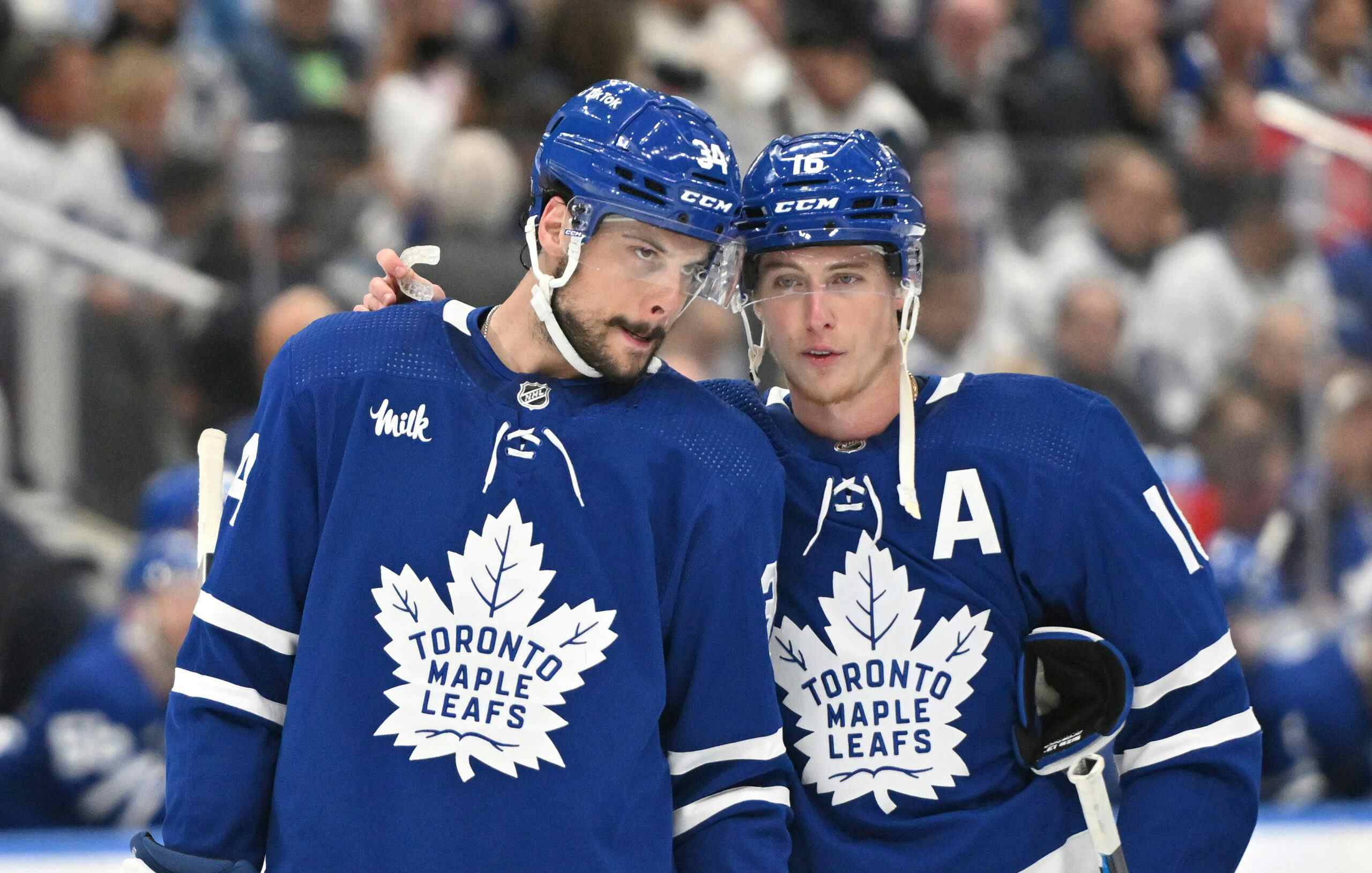Best Leafs Trades Since 1967 Countdown – No. 4: Luke Schenn fo James van Riemsdyk
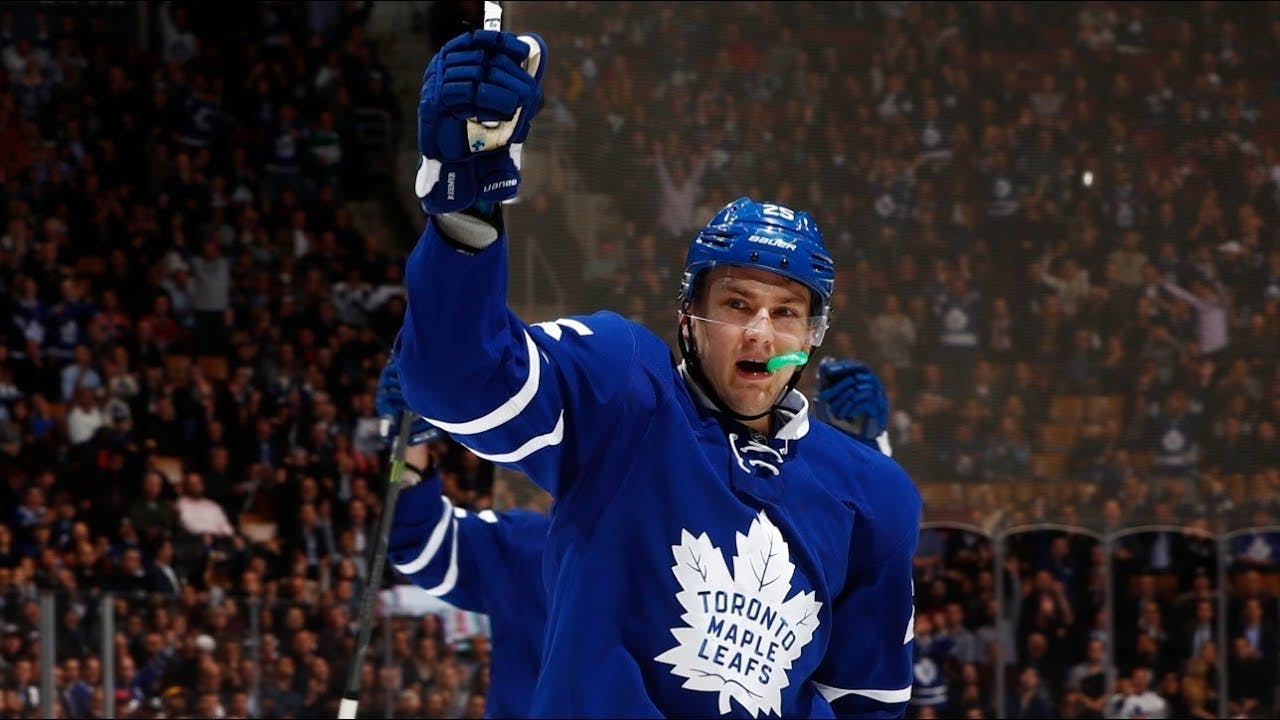
By Cam Lewis
3 years agoBrian Burke’s time in Toronto was very clearly a failure. The team posted a 128-135-42 during his four seasons as the team’s general manager, never coming close to playoff contention.
In hindsight, it was very clear that the Leafs needed a full-on rebuild to overhaul their mediocre roster and no amount of retooling or patchwork could fix what ailed the organization. While Burke’s time in charge will ultimately be looked back as spinning tires in the mud and delaying the inevitable, he actually made quite a few excellent deals that deserve praise.
Burke will always be remembered for his desire to add truculence to the lineup. It was something he spoke about in his first-ever press conference as Leafs’ general manager when he outlined what his plans were for the team. Ironically, some of his best moves were ones that went completely against this mantra.
Burke was officially named general manager in November of 2008, replacing Cliff Fletcher who was running the ship with the interim label after John Ferguson Jr. had been let go in January of that year. After years of mediocre drafting and trading away top picks (like giving up a first- and second-round pick in 2007 for Vesa Toskala), Burke inherited a fairly barren farm system.
The prize of Toronto’s system was Luke Schenn, who Fletcher had selected with the fifth-overall choice in the 2008 draft. The team badly wanted Schenn, so they dealt a second- and a third-round pick along with their seventh-overall pick to move up to get him.
Failed to load video.
Schenn was the big, tough, rugged defenceman who Toronto was planning to rebuild their blueline around. His favourite player growing up was Chris Pronger, and there was hope that Schenn could grow up to be a similar force in the NHL like his idol was.
But the knock against Schenn was his inability to produce offence. While he had some of the attributes of Pronger, like size, physicality, and a strong presence in the defensive zone, he didn’t have either of Pronger’s key offensive attributes, a booming shot from the point or a great first pass. In his draft year, Pronger had put up 77 points for the Peterborough Petes, while Schenn had recorded just 28 points for the Kelowna Rockets.
Schenn cracked the Leafs’ roster out of training camp and played a top-four role on the team as a rookie for the majority of the season. He logged an average of 21:32 per game, but only managed to record two goals and 14 points in 70 games.
As time went along, it became clear that offence would never be a part of Schenn’s game. He was an old-school defender playing in the new-age, offence-oriented NHL. Being able to skate quickly and produce offence from the blueline was paramount to being a top-four defender.
Despite that, Burke handed Schenn a five-year contract worth $3.6 million annually in September of 2011 after a strong second half to the 2010-11 season. After both Tomas Kaberle and Francois Beauchemin had been dealt mid-season, Schenn stepped up and took on a larger role on the blueline and played some of the best hockey of his young career.
Schenn’s strong finish wouldn’t end up being the beginning of a breakout that the Leafs had hoped for. In 2011-12, Schenn got off to a slow start and never recovered. He got jumped on the depth chart by rookie Jake Gardiner and the newly-acquired Cody Franson. Schenn would log just 16:02 per game for the Leafs that season, also seeing some time in the press box as a healthy scratch.
Though Burke explicitly said that Schenn wouldn’t be moved while he was general manager, he ended up getting dealt at the 2012 draft. There had long been rumours that the Philadelphia Flyers were interesting in acquiring Schenn, as they had traded for his younger brother, Brayden, the previous summer.
Failed to load video.
Burke sent Schenn to Philadelphia in exchange for James van Riemsdyk, the former second-overall pick from the 2007 draft. The Flyers now had both of the Schenn brothers and Toronto added some much-needed size up front.
JVR had been a bit of disappointment for a second-overall pick. He spent two seasons in college after being drafted and finally made his debut with the Flyers in 2009-10, scoring 15 goals and 35 points in 78 games. In his sophomore year, JVR broke out with 21 goals, but struggled with injuries the following season, recording just 24 points in 43 games.
The Flyers were loaded with young talent up front, like Claude Giroux, Jakub Voracek, Wayne Simmonds, and Sean Couturier, so JVR became expendable in the team’s pursuit of adding to its blueline. It was the same deal in Toronto, as the acquisition of Dion Phaneuf, Jake Gardiner, and Cody Franson had also made Schenn expandable. This was a sensible one-for-one hockey deal that made sense for both teams.
It didn’t take very long to realize that Toronto got the best of this swap. Schenn had a solid first season in Philly, logging 21:52 per game with some of the team’s strongest underlying numbers. JVR also had a nice bounce-back year in Toronto, scoring 18 goals and helping the Leafs make a surprising playoff appearance.
The following season, Schenn’s game imploded. His underlying numbers cratered and he became a mess in his own zone. While Schenn never had offence as an aspect of his game, he was always, at the very least, solid defensively. But that part of his game evaporated in Philly. Meanwhile, JVR broke out with a 30-goal season in Toronto in 2013-14.
In January of 2016, Schenn had completely fallen out of favour in Philly and was being labelled as a bust. He got dealt to Los Angeles along with Vincent Lecavalier in a cap-clearing move and didn’t find a job for the following season until nearly a month into free agency. Schenn has now spent the last few years bouncing around from Arizona to Anaheim to Vancouver to Tampa Bay as a depth defenceman, going up and down between the AHL and NHL.
JVR had an excellent six-year tenure in Toronto. He scored 154 goals and 294 points over 413 games, helping as a key veteran through the Leafs’ transition from their tanking years and into their new contention period. JVR would end up returning to Philly as a free agent after the 2017-18 season because he ultimately got priced out of Toronto, but there’s no doubting how well this swap worked out for the Leafs.

Recent articles from Cam Lewis

